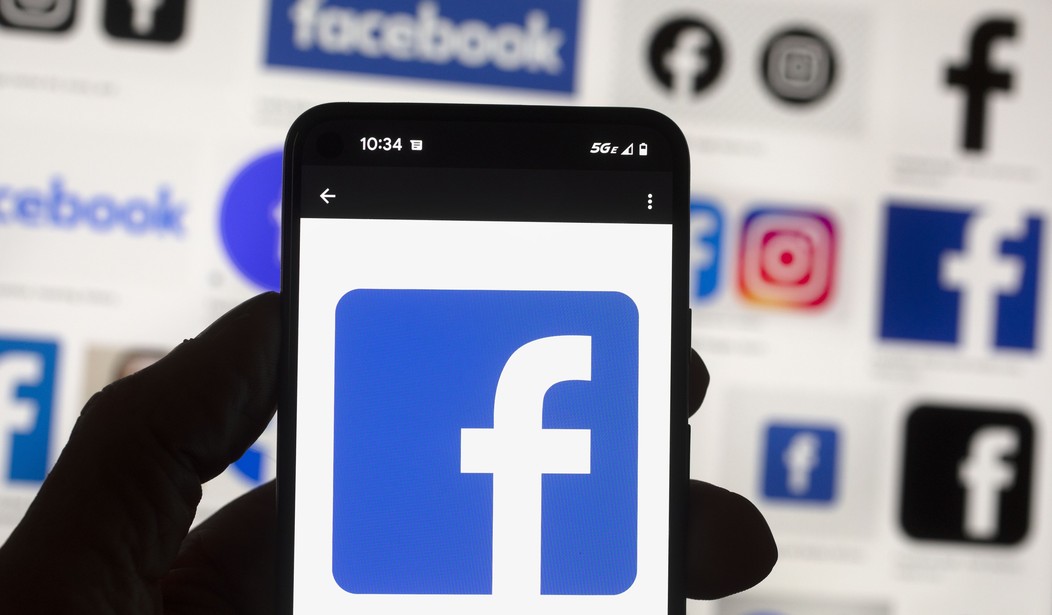For better or worse, social media has become the modern-day town square. On social media platforms, Americans receive news updates, interact with millions of users, and communicate their opinions in real time.
For some, this is a wonderful development. For others, it is a menace that must be controlled at all costs.
In general, advocates of free speech believe the advent of social media could usher in a whole new era of transparency and accountability while empowering millions of people to participate in the societal discourse. While this remains the dream of many, it is rapidly turning into a nightmare.
Over the just the past few weeks, we have witnessed more and more calls for Big Tech and the government to engage in the suppression of free speech.
Here are only a few examples:
Hillary Clinton on CNN: “If the platforms, whether it’s Facebook or Twitter/X or Instagram or TikTok, whatever they are, if they don’t moderate and monitor the content, we lose total control.” Clinton added, “We need national action…We should be, in my view, repealing something called Section 230, which gave, you know, platforms on the internet immunity because they were thought to be just pass-throughs, that they shouldn’t be judged for the content that is posted.”
Minnesota Gov. Tim Walz on MSNBC: “There’s no guarantee to free speech on misinformation or hate speech, and especially around our democracy.”
Former Secretary of State John Kerry at a World Economic Forum event: “You know, there’s a lot of discussion now about how you curb those entities in order to guarantee that you’re going to have some accountability on facts, etc. But look, if people only go to one source, and the source they go to is sick, and, you know, has an agenda, and they’re putting out disinformation, our First Amendment stands as a major block to be able to just, you know, hammer it out of existence.”
Recommended
White House Press Secretary Karine Jean-Pierre: “Misinformation, disinformation is a problem across the board, and we have to combat it.”
Make no mistake, this is just a small sample; there are numerous other examples of high-ranking politicians, influential members of the media, bureaucrats, corporate bigwigs, and other powerful people calling for government censorship of social media platforms.
What I find most troubling is that the march for ever more government censorship of Big Tech seems to be gaining momentum, even after countless illustrations of this backfiring.
Throughout the pandemic, government bureaucrats like Dr. Fauci abused their power by engaging in censorship efforts regarding masks, school closures, and vaccine efficacy. Of course, as we now know, Fauci was wrong on many of these topics. However, that did not stop him from using his position of authority to quell any speech he deemed “misinformation” from gaining traction on social media sites.
Perhaps even worse, thanks to the release of the Twitter Files, we also now know that several powerful arms of the federal government, including the FBI, strong-armed social media companies to remove so-called misinformation pertaining to myriad topics, including the bombshell story about Hunter Biden’s laptop.
What’s done is done. We cannot go back and relitigate what has already happened. However, it is necessary that we learn from these mistakes.
One of the things that makes social media so different from any other medium is that it allows users in real time to access information without the traditional gatekeepers determining what should and should not be allowed to enter the public discourse. This is fantastic for those who distrust the mainstream media and other institutions, which have lost credibility in recent years.
On the other hand, this does mean that some of the opinions espoused on these platforms will be false. But that is okay. That is healthy.
In order to find the truth, we must hear from all sides. No one person, organization, or government bureau could possibly determine the truth in all situations. As humans, we are fallible. We make mistakes. Sometimes we are supremely confident that our view is correct, only to find that new evidence or a reinterpretation of existing information proves otherwise.
A few years ago, terms like “misinformation” and “disinformation” were better understood as misguided opinions. Today, these terms are being tossed around under the belief that the government must suppress any and all ideas, thoughts, and beliefs that do not align with the government-approved narrative.
This is incredibly dangerous and astonishingly un-American. Before it is too late, we must save social media from the speech police or else we will rue the day that we allowed the government to have the final say over what can and cannot be said on the very platforms that were supposed to give all Americans an equal voice.
Chris Talgo (ctalgo@heartland.org) is editorial director at The Heartland Institute.
























Join the conversation as a VIP Member